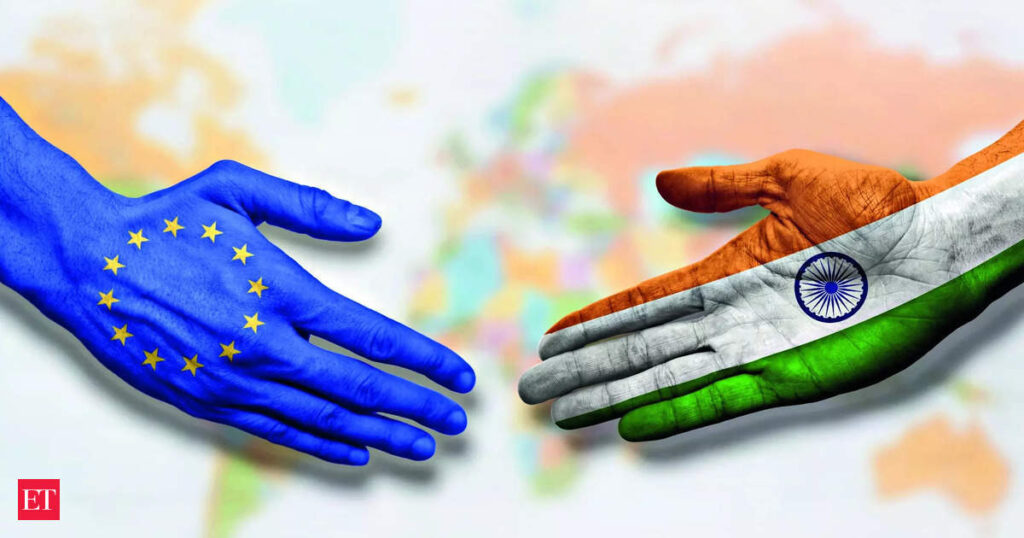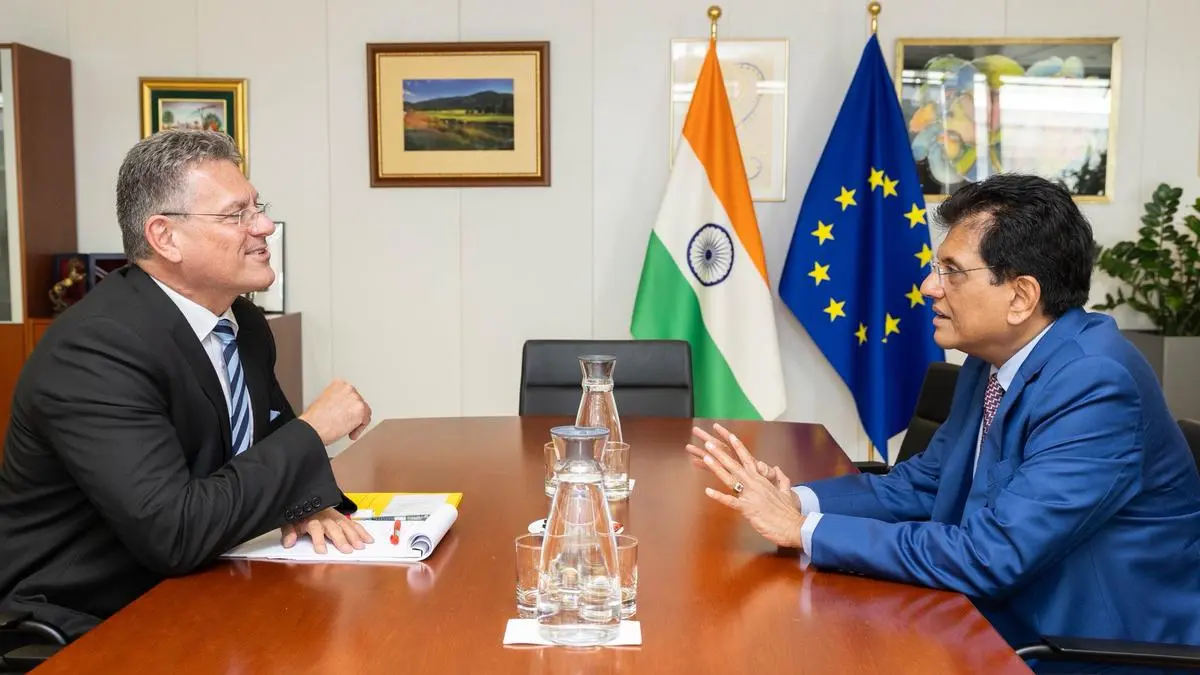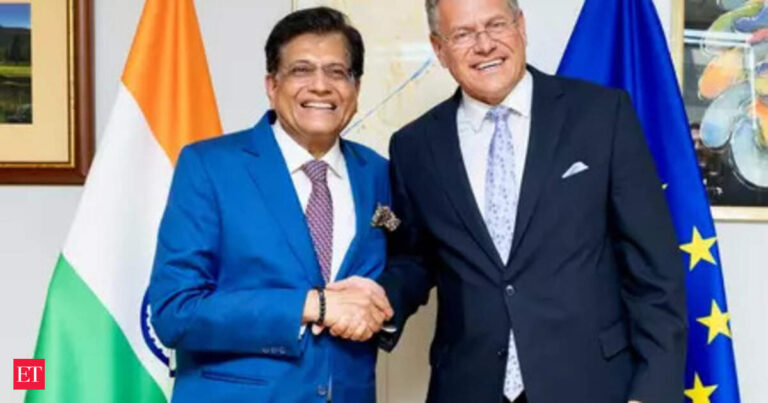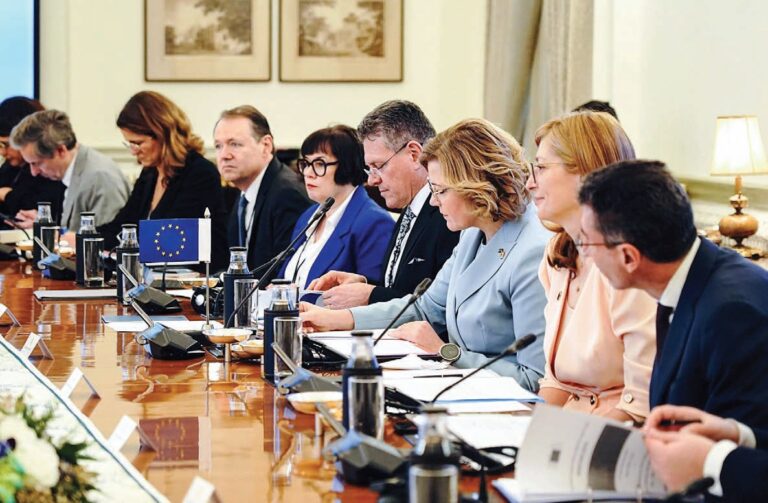
“To obtain a fair agreement, India must emphasize reciprocity. Reducing prices on medical devices by India should be subject to the reduction of its non -tariff obstacles,” said GTRI.
We can note here that the current negotiations between India and the EU concerning the ALE in medical devices have an imbalance. While the EU is not looking for any rate on medical devices imported from India, it applies high regulatory obstacles which complicate Indian exports to the EU markets.
GTRI founder Ajay Srivastava stressed that although EU customs duties are zero, the costs associated with market entry is significant due to strict regulatory requirements. “Export to the EU has become increasingly difficult because the region has replaced the directives of medical devices (UE-MDD) with the more rigorous rules of medical devices (EU-MDR),” he noted.
Srivastava has given the example, stating that new certification and regulatory costs may vary from 60,000 to 300,000 euros per year for market access worth 100,000 and 3.75 million euros. He also pointed out that the time required to approve the certification has increased from the previous 4 to 8 months to 2-3 years, exacerbated by a shortage of organisms and listeners notified in the EU, which led to high certification expenses.
Consequently, many Indian exporters withdraw from the EU market, that is, limiting their product offers due to prohibitive registration and certification costs, participating in the financially non -viable market. Plus, Srivastava stressed that the absence of India from the unique audit program of medical devices (MDSAP) restricts acceptance of Indian devices in critical regulated markets. The MDSAP allows manufacturers of medical devices to undergo a single audit for compliance with regulatory standards on several markets, including Australia, Brazil, Canada, Japan and the United States. To improve exports to the EU and other important markets, India must continue reforms, such as the establishment of mutual recognition agreements (MRAS). The Indian sector of medical devices is gradually developing, helping the country to reduce its dependence on imports.
In 2024, India recorded global exports of USD 2.3 billion and imports of 4.7 billion USD, the EU representing a crucial market – exporting USD 580 million and imports of 1.15 billion USD.




